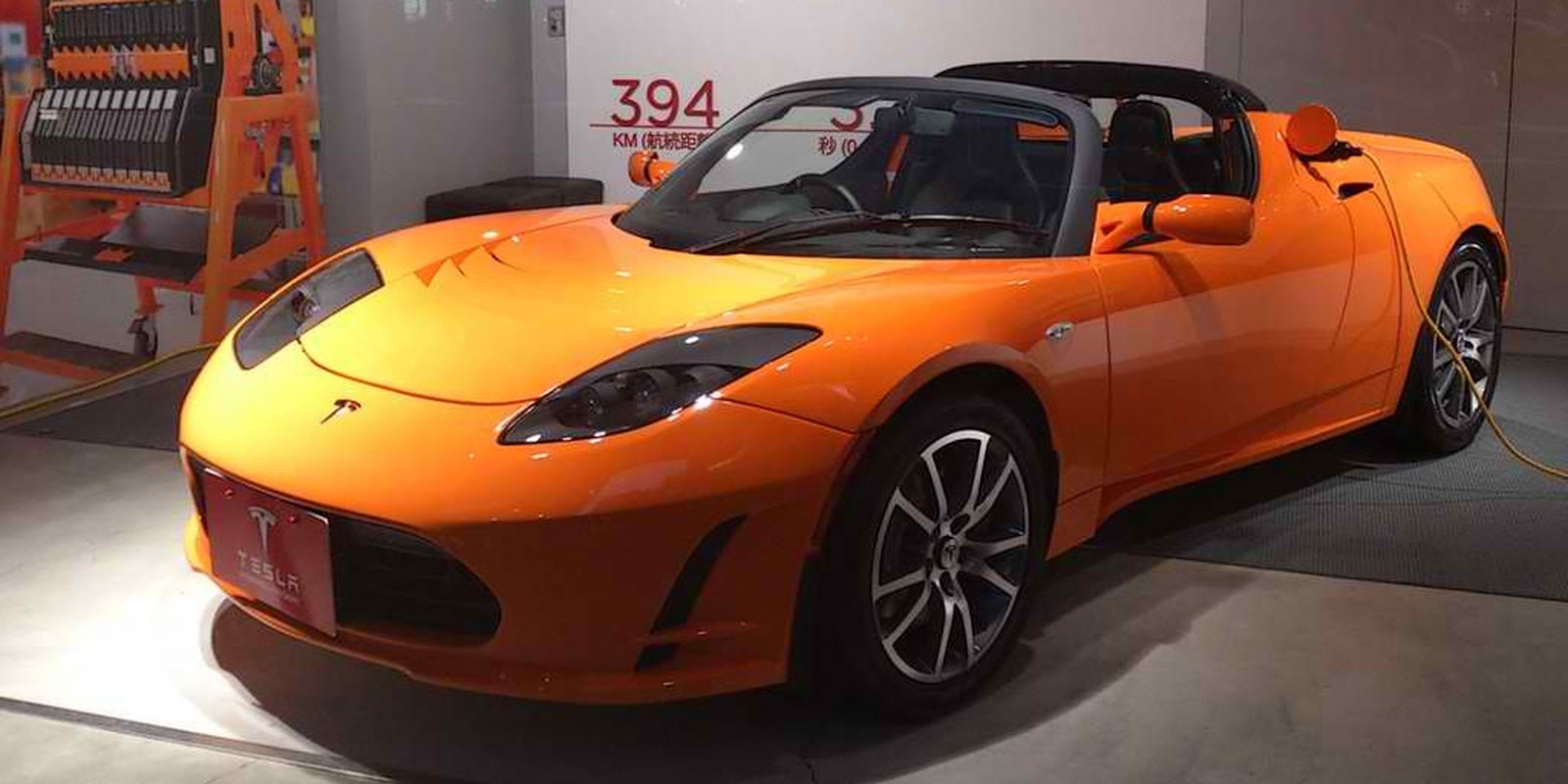In a blog post published on Monday, a trio of Federal Trade Commission officials came out strongly in favor of electric-carmaker Tesla’s efforts to sell its cars directly to consumers.
For years, the company has fought to end state-level regulations requiring automobiles to be sold through independent dealerships rather than directly from manufacturers.
“A fundamental principle of competition is that consumers—not regulation—should determine what they buy and how they buy it,” the authors wrote. “Consumers may benefit from the ability to buy cars directly from manufacturers—whether they are shopping for luxury cars or economy vehicles. The same competition principles should apply in either case.”
“A fundamental principle of competition is that consumers—not regulation—should determine what they buy and how they buy it.”
The letter is signed by the FTC Office of Policy Planning Director Marina Lao, Bureau of Competition Director Debbie Feinstein, and Bureau of Economics Director Francine Lafontaine.
While a disclaimer at the bottom of the post notes that the views expressed do no necessarily reflect those of any individual commissioner or the agency as a whole, the agency itself has strongly advocated for ending the bans. “Automobile manufacturers have the incentive to respond to consumer preferences and choose the most effective distribution method for their vehicle brands,” FTC spokesperson Frank Dorman told the Daily Dot in an email. “Absent supportable public policy considerations, the law should permit automobile manufacturers to choose their distribution method to be responsive to the desires of car buyers.”
There are 26 states, from Texas to Maine, where direct sales of automobile are banned. Not only do these rules prohibit manufactures directly setting up storefronts, they also ban the sale of new cars online. In some cases, manufacturers selling cars outside of the dealership structure is a criminal offense.
The split between manufacturers and dealership arose the better part of a century ago, when the companies building the cars lacked the financial resources to also sell them in every region of the country. The dealers became powerful players at the local level and lobbied lawmakers to enact rules preventing manufacturers from encroaching on their turf. A 2001 study by the Consumer Federation of America argued that these laws add an average of $1,500 to the sticker price of a new car—an aggregate total of over $20 billion each year.
Since these bans are imposed at the state level, the FTC doesn’t have the requisite authority to unilaterally overturn them. Instead, the agency’s input on the issue is limited to an advisory role.
The directors’ letter notes that, while Tesla is the highest-profile firm challenging the direct sales bans, the company is hardly alone. They also point to Elio Motors, a Arizona-based company working on producing an innovative three-wheeled vehicle—technically classified as a motorcycle rather than a car—that gets 84 miles per gallon for a $6,800 price tag. The company has already taken in more than 41,000 pre-orders for its vehicles.
Much like Tesla, Elio wants to eschew the dealership model and sell directly to consumers. A map on the company’s website lists projected brick-and-mortar locations in 33 states and the District of Columbia. However, some of those states, like Michigan, have rules in place prohibiting direct sales.
The letter specifically singles out a bill signed into law by Republican Michigan Gov. Rick Snyder last year that strengthening prohibitions on direct sales but approvingly cited proposed legislation in the state that would exempt vehicles like ones produced by Elio.
Earlier this month, the FTC responded to a request by Michigan State Senator Darwin Booher (R) to weigh in on the latter bill. In its response, the agency stayed agnostic on whether independent sales are superior to direct ones, but it came out strongly against blanket prohibitions on direct sales, arguing such rules are harmful to consumers.
“Consumers are the ones best situated to choose for themselves both the vehicles they want to buy and how they want to buy them.”
“In our view, current provisions operate as a special protection for dealers—a protection that is likely harming both competition and consumers,” the FTC wrote. “Consumers are the ones best situated to choose for themselves both the vehicles they want to buy and how they want to buy them.”
There’s nothing technically stopping Tesla or Elio from following the lead of virtually every other auto manufacturer in the United States and selling their products through dealerships. Tesla has been unwilling to do so, allegedly out of fears that going through dealerships would force the company to give up some measure of control over its brand, which is particularly important as the company works to convince consumers of the relatively untrusted benefits of electric vehicles.
“I think [Tesla founder] Elon [Musk] wants to have full control of having the cars retailed through a system he has total say over,” Kelly Blue Book analyst Karl Brauer told the Washington Post. “And, two, I think he enjoys the concept of upsetting the apple cart; he enjoys knowing that he’s breaking existing conventions on every level.”
Even so, Tesla isn’t the first auto maker to push against this wall. During the 1990s, Ford attempted to enter the direct-sales market in states like Texas, but was soundly rebuffed.
The FTC isn’t the first federal agency during the Obama administration to come out against the prohibitions on direct sales. Shortly after legacy American automakers received billions of dollars in bailouts from the U.S. government in the wake of the financial crisis, a Department of Justice report pushed direct sales as a way to “provide automakers with an opportunity to reduce inventories and distribution costs by better matching production with consumer preferences.”
H/T TechCrunch | Photo by cytech/wikimedia commons (CC BY 2.0)
